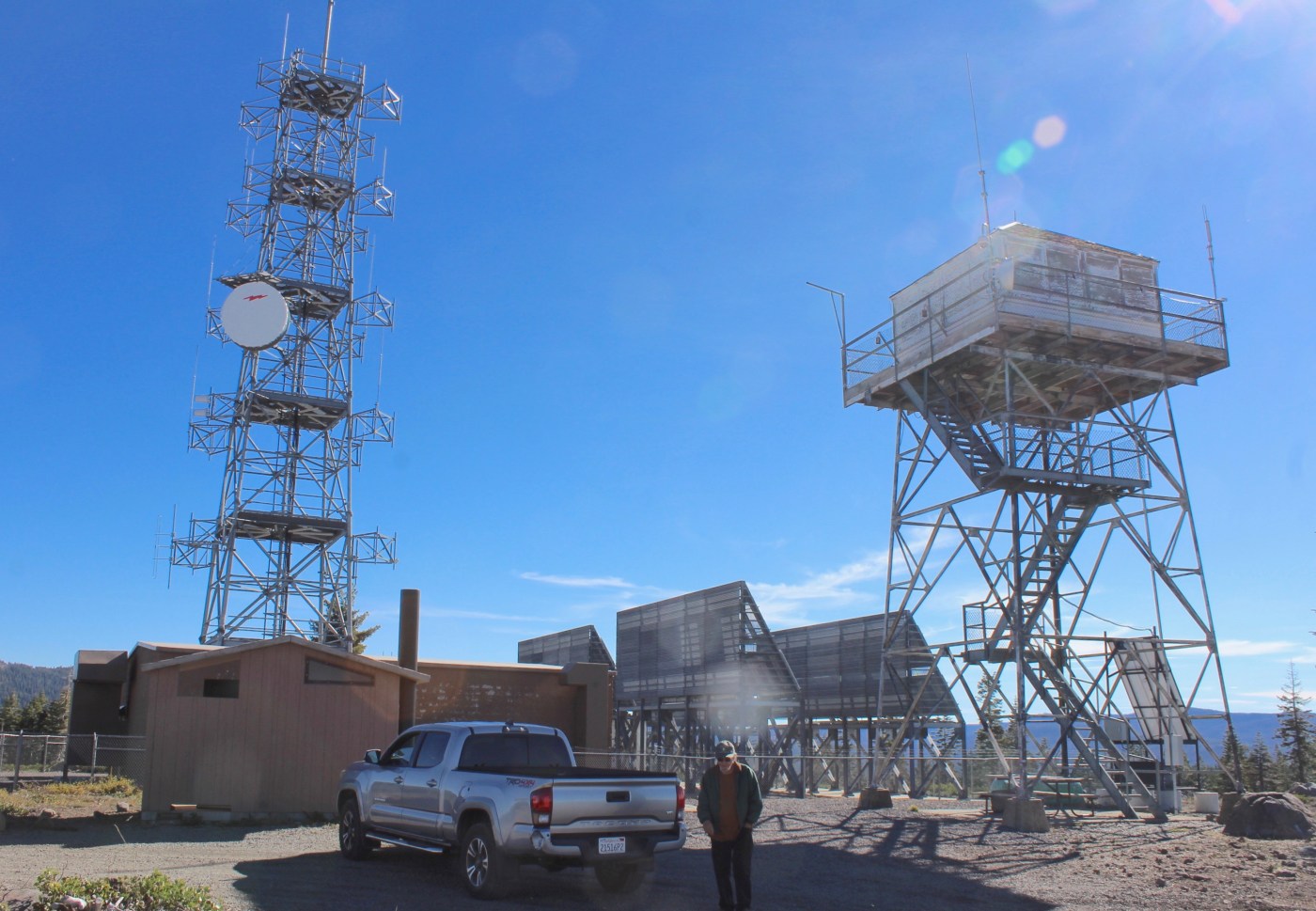Congresswoman Elise Stefanik of New York and Rick Crawford, Chairman of the Intelligence Committee from Arkansas, have reintroduced the Promoting Agriculture Safeguards and Security Act (PASS Act). This legislation aims to bolster national security by prohibiting foreign adversaries from purchasing or controlling agricultural land and businesses within the United States.
In a statement issued from Saratoga, NY, Stefanik expressed concern regarding foreign investments in U.S. agriculture, particularly from nations like Communist China. She emphasized that these acquisitions threaten food security and potentially grant foreign entities access to sensitive military locations. “Food security is national security, and I am proud to reintroduce this legislation that will stand up against our foreign adversaries as they attempt to assert control over our agriculture industry,” she remarked.
The PASS Act is designed to enhance the role of the U.S. Department of Agriculture in reviewing any foreign acquisitions of American agricultural assets. The bill would create a blacklist of countries that are deemed adversarial, including Russia, Iran, and North Korea, preventing them from owning agricultural land in the U.S.
Stefanik highlighted the importance of protecting American farmers and their contributions to local and national food supplies. “The United States cannot allow malign ownership bids of American assets by Communist China, Russia, Iran, and North Korea to undermine the efforts of our farmers, whose hard work feeds and fuels our communities,” she stated. The bill is positioned as a critical measure to safeguard both food supply and national security.
The reintroduction of this act comes amid growing concerns over foreign influence in domestic agricultural markets. Stefanik’s advocacy reflects a broader trend among U.S. lawmakers to scrutinize foreign investments, particularly those perceived as threats to national interests.
By reinforcing regulations on foreign ownership, the PASS Act aims to ensure that U.S. agricultural resources remain under domestic control. The implications of this legislation could be significant, potentially reshaping the landscape of agricultural investment and ownership in the United States.
As international tensions continue to rise, the future of U.S. agriculture and food security remains a focal point for lawmakers. The PASS Act serves as a measure to fortify national defenses against foreign adversaries while promoting the interests of American farmers and consumers alike.







